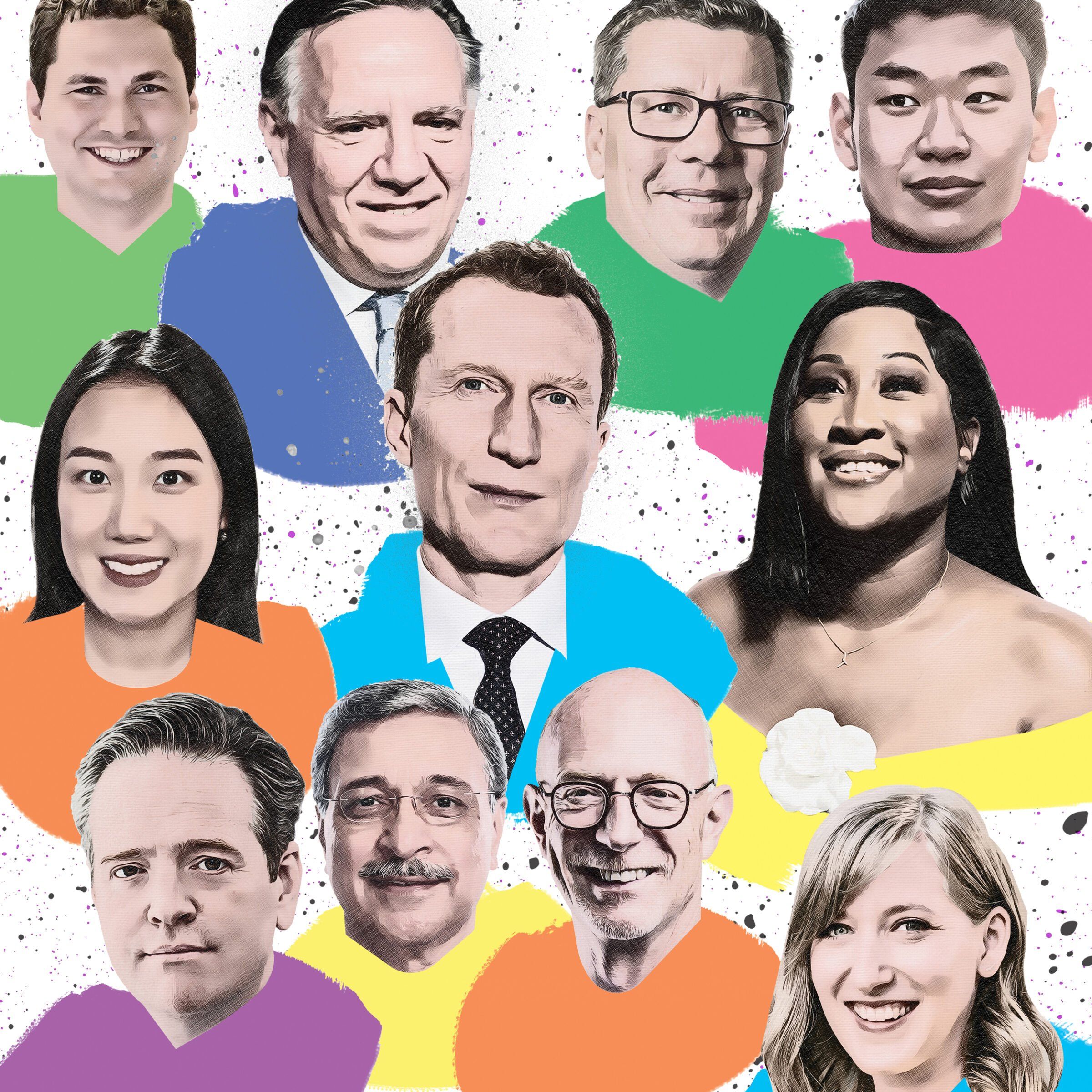
Share
April 1, 2024
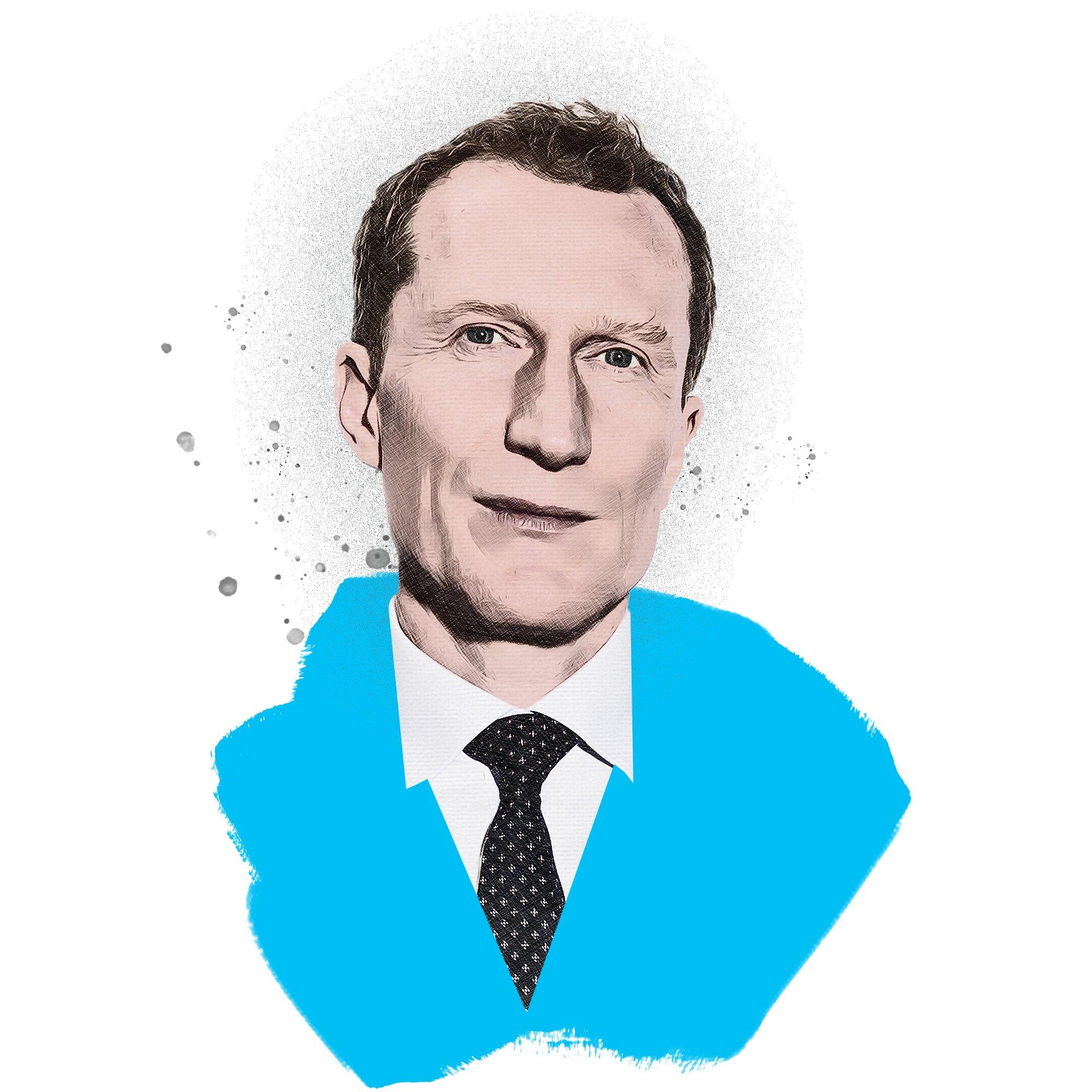
1. Marc Miller | Minister of immigration, refugees and citizenship
He’s reining in a runaway international-student market—and making sure a Canadian degree is still worth something
When Marc Miller became minister of immigration, refugees and citizenship last July, Canada’s international-student population was nearly one million strong—and up by 200,000 from only a year prior. On paper, those numbers might frame Canada as a global incubator of young minds, poised to reap the economic benefits of a supercharged education pipeline. But Miller realized they were telling a different story: Canada’s ostensibly successful international-student program had become a cash cow for underfunded universities and colleges and a booming private-college industry, as well as a back door for people seeking permanent residency. It was also a golden opportunity for unscrupulous international-education consultants luring students to Canada to make a quick buck.
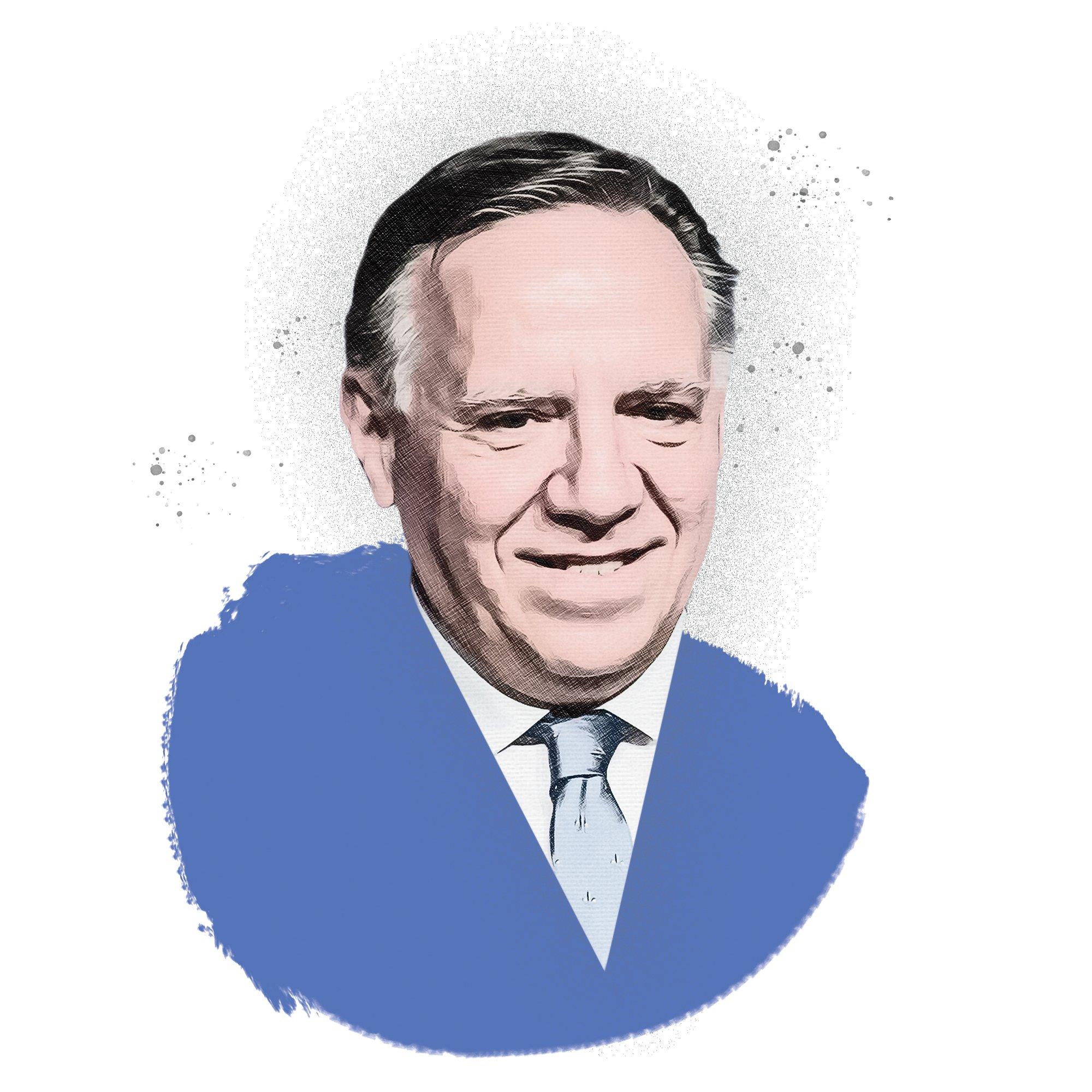
2. François Legault | Premier, Quebec
He’s putting universities on the front lines of Quebec’s language wars
François Legault made an enemy out of Quebec’s English universities when he announced last fall that tuition for out-of-province undergraduates in the province would rise from an average of $9,000 to $17,000. The move, a gambit to reduce the flood of English students into Montreal and protect the French language, was seen as a potentially existential threat by McGill and Concordia, the former of which estimated it could amount to almost $100 million in revenue loss due to enrolment declines. A provincial advisory committee on higher-education accessibility urged Legault to re-evaluate it. He made a small concession, reducing the hike to $12,000, but McGill and Concordia aren’t satisfied; they recently announced separate lawsuits against the province. If Legault stands firm, he risks alienating Quebec from Canada’s higher-education ecosystem.

3. Scott Moe | Premier, Saskatchewan
He’s inflaming the parental-rights debate nationwide
When Saskatchewan Premier Scott Moe cracked down on the use of students’ preferred pronouns in schools, he placed himself at the centre of a firestorm pitting the idea of parents’ rights against students’ freedom of expression. The policy he tabled, preventing students under 16 from changing their names or pronouns in school without parental consent, aligned with legislation in New Brunswick and later Alberta. Hundreds rallied in support of the bill last September, sparking counter-protests nationwide and leading to arrests in multiple cities. Now other provincial leaders are joining Moe on the parental-rights bandwagon, along with Conservative Leader Pierre Poilievre, who has criticized Justin Trudeau for, he has said, trying to “impose his radical ideology on other people’s kids.”
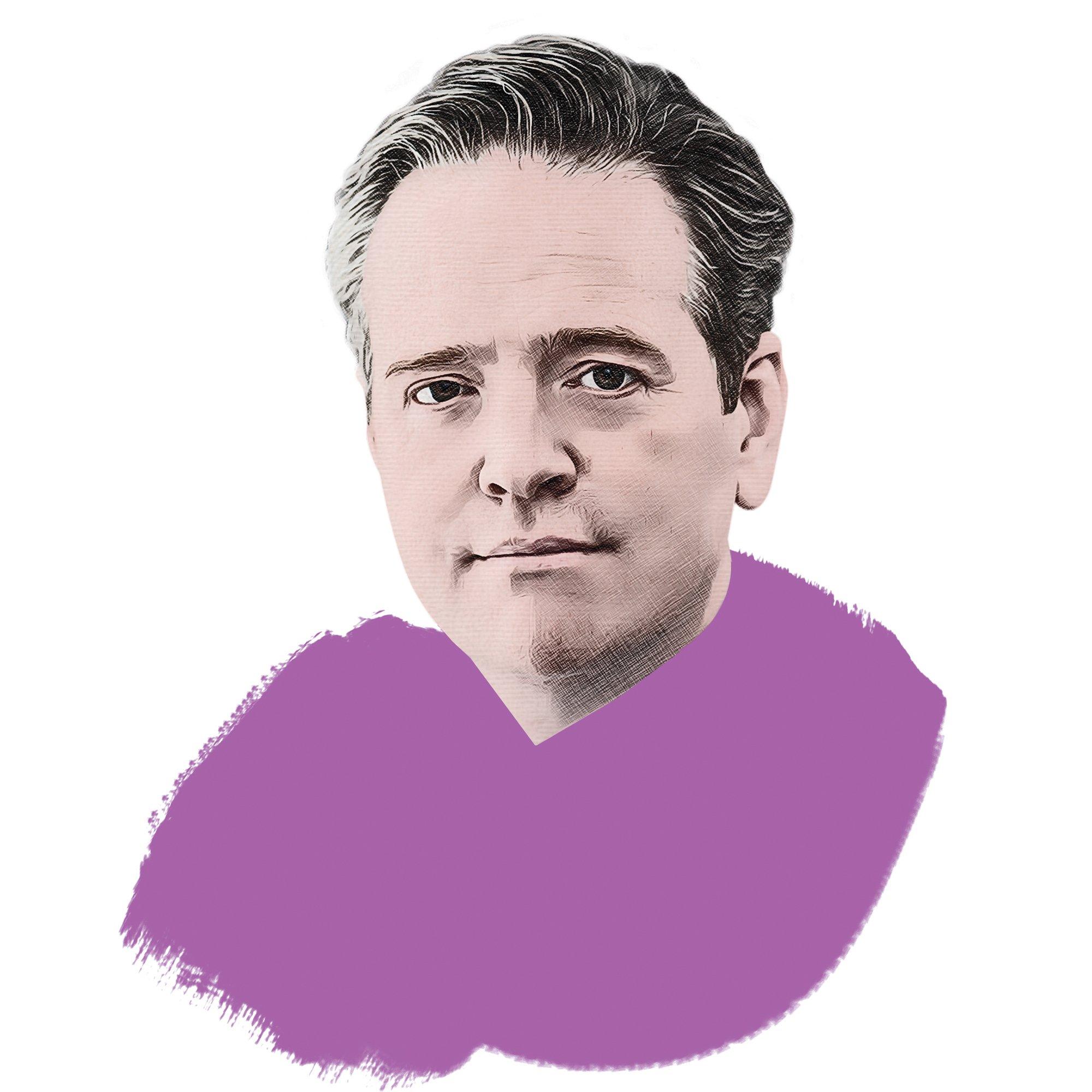
4. Gabriel Miller | CEO, Universities Canada
For leading the higher-ed sector through a moment of multiple crises
In March, Canadian universities welcomed a new front man: Gabriel Miller, a non-profit superstar who most recently served as vice-president of public issues for the Canadian Cancer Society. Miller enters a landscape rife with financial challenges. There are massively indebted universities in Ontario. Institutions in Alberta are dealing with crippling budget cuts. In Quebec, English universities are waiting to see how fee hikes on out-of-province students will reduce enrolment. That’s to say nothing of a massive nationwide reduction in international-student permits, endangering a key source of revenue many institutions have used to finance their growth. It’s a fraught time for higher education, and all eyes will be on Miller’s first moves.

5. Deep Saini and Graham Carr | Presidents, McGill and Concordia
They’re taking the fight against Quebec’s tuition hikes to court
Quebec’s planned tuition increase for out-of-province students could cost English universities a lot of students, as well as their money. And anglo Quebec’s top academics aren’t standing for it. In February, McGill and Concordia, led by presidents Deep Saini and Graham Carr, announced they were taking the provincial government to court for what they deem an assault on Quebec’s English communities. The twin lawsuits, which Concordia called “complementary and coordinated,” argue that the fee hikes are illegal, against both the Quebec and Canadian charters of rights. It’s clear that the two institutions, and their leaders, are gritting their teeth for what could be a long fight.
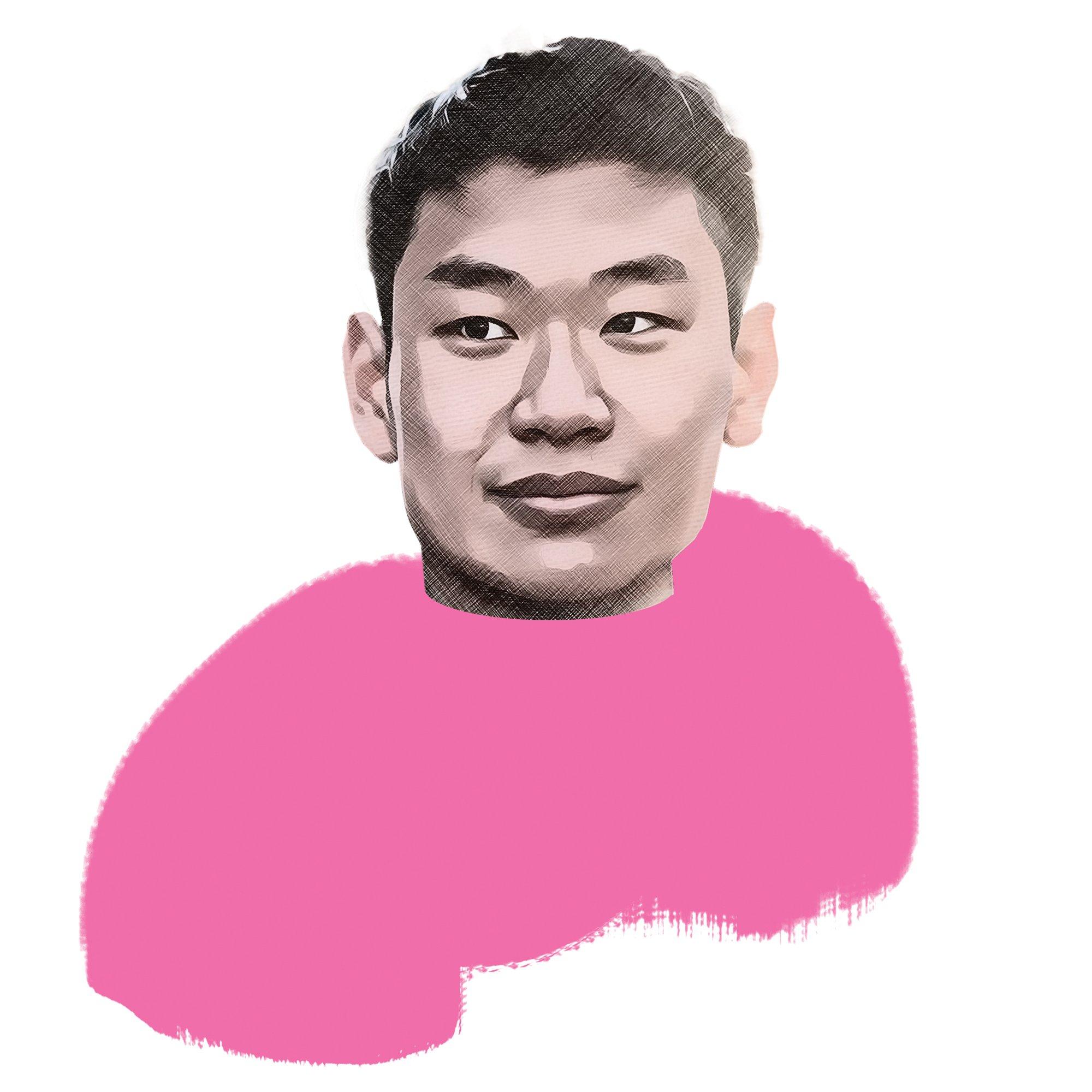
6. Edward Tian | Founder, GPTZero
For making sure AI isn’t doing kids’ homework for them
Last year, as a senior at Princeton University, Edward Tian caught lightning in a bottle. His field of research, large language models, had become the hottest topic in the world, and OpenAI’s ChatGPT was forcing educators to wonder if students were using it to write assignments. Over a holiday break, Tian—who grew up in Toronto—developed GPTZero, an app that distinguishes AI from human content. It immediately drew accolades from teachers. Now, the war on homework continues: Tian has transformed GPTZero into a 13-person company to “preserve what’s human”—an increasingly difficult venture as GPT-4, a more powerful AI platform, becomes available. Microsoft, news rating website NewsGuard and peer-grading platform Kritik are among companies already using Tian’s technology to keep bots at bay.

7. Melissa Cash | CEO and co-founder, Pok Pok
For making kids’ screen time something parents can feel good about
During the pandemic, imposing limits on screen time in an increasingly digital world felt wildly far-fetched. Even the Canadian Paediatric Society relaxed its one-hour limit on screen time for young kids. And families seeking easily accessible alternatives to social media and video games for their kids found Melissa Cash’s Pok Pok, an educational app for children aged two to seven. Its games, which include dress-up, word puzzles and a digital house that emulates a family home, are developed by pediatric therapists and experts to be non-addictive. They’re fun and educational and can’t be won or lost. In the last year, Cash and her team racked up an App Store Award and a Kidscreen award, as the subscribers on their app, which costs $8.99 per month, quadrupled.

8. Pat Chaisang | CEO and co-founder, Wayble
She’s making life and work easier for international students
After leaving her home in Thailand to study at Simon Fraser University, Pat Chaisang struggled to land a job while learning a new language and culture. After graduating, she created Wayble, a digital platform to help international students integrate into Canada’s workforce. Wayble helps students create an online profile and leverages that information to connect them with a network of mentors and employers in their fields of interest. Seventy thousand people now use the app, and no wonder: the average international student in Canada pays $36,000 in tuition each year. They need the work. With any luck, Wayble will also help address national labour shortages in health care, customer service, manufacturing and other fields.

9. Tamar Huggins | CEO and founder, Tech Spark AI
For bringing the classics alive in students’ own words
Tamar Huggins’s Toronto-based company, Tech Spark AI, develops curricula for kids of colour across North America. Last year, it released Spark Plug, an AI model tailored to Black students. The platform, which translates text and classic literature into African American Vernacular English, targets Gen-Z learners. Huggins trained it on content from her own daughter, Talia, and authors of the Harlem Renaissance and civil rights activists. Spark Plug is quickly evolving: its latest iteration pairs lessons with hip-hop beats for a better learning experience. A longer-term goal is to diversify it to serve Black learners across the world. “A Black child in Canada is very different from the U.S., and it’s very different in Haiti or Jamaica,” Huggins has said.

10. John Baker | CEO and founder, D2L
For making online education relevant, pre- and post-pandemic
Some people have written off online education companies as a COVID-era phenomenon. But John Baker begs to differ. His online education platform D2L (or Desire2Learn), which he founded in 1999 from his University of Waterloo dorm, continues to gain steam despite the return of in-person classes. Initially meant as an online hub for university courses, D2L developed the ubiquitous Brightspace platform, which has since expanded to facilitate continuing education courses and workplace training modules. It’s grown to 16 million users, which include Purdue University, construction company EllisDon and oil and gas safety nonprofit Energy Safety Canada. Turns out the learn-anywhere era isn’t over, and it’s great for business. D2L’s stock is up 25 per cent over the past year.
This story appears in the May issue of Maclean’s. You can buy the issue here or subscribe to the magazine here.